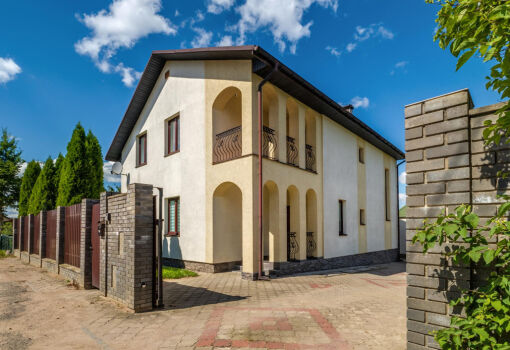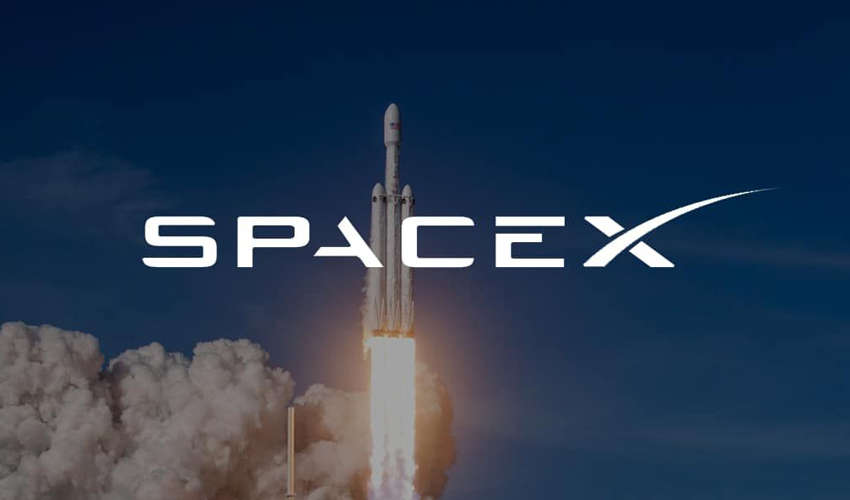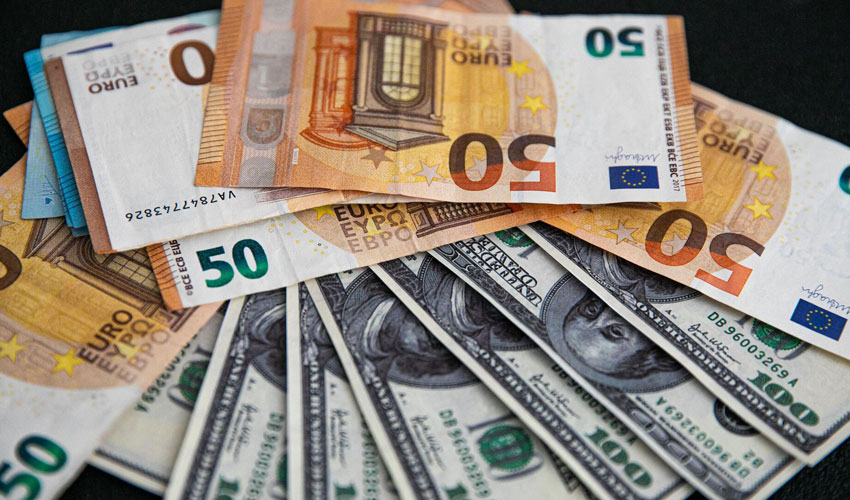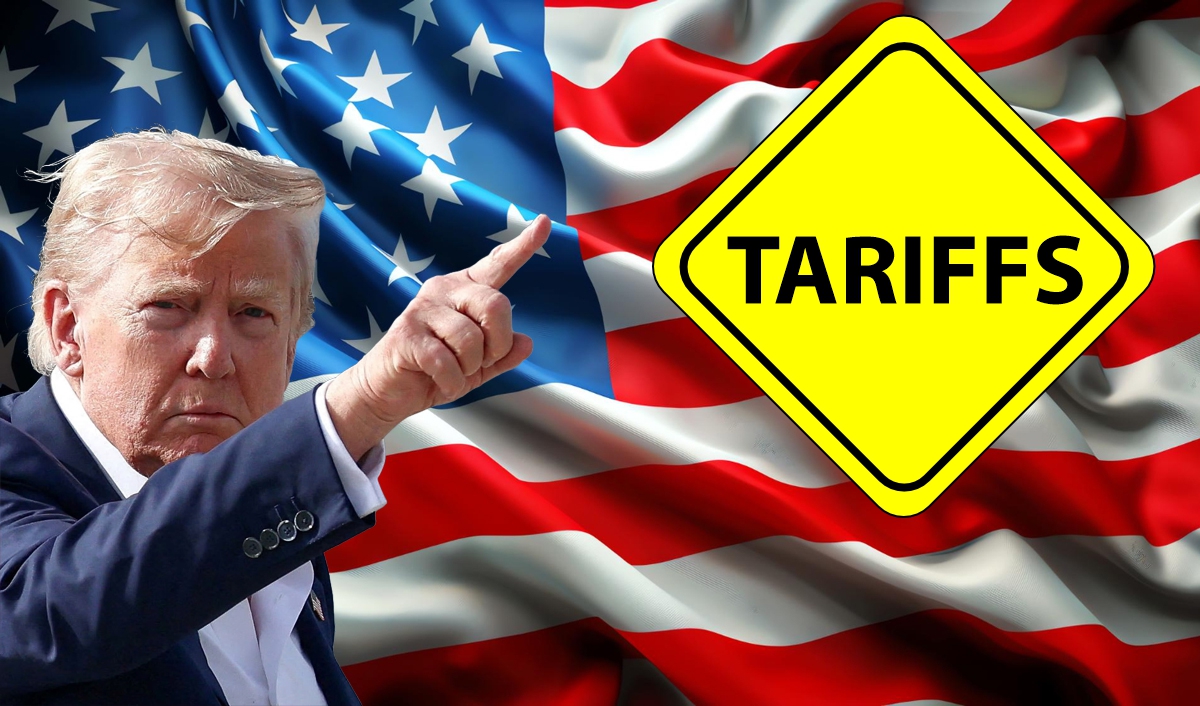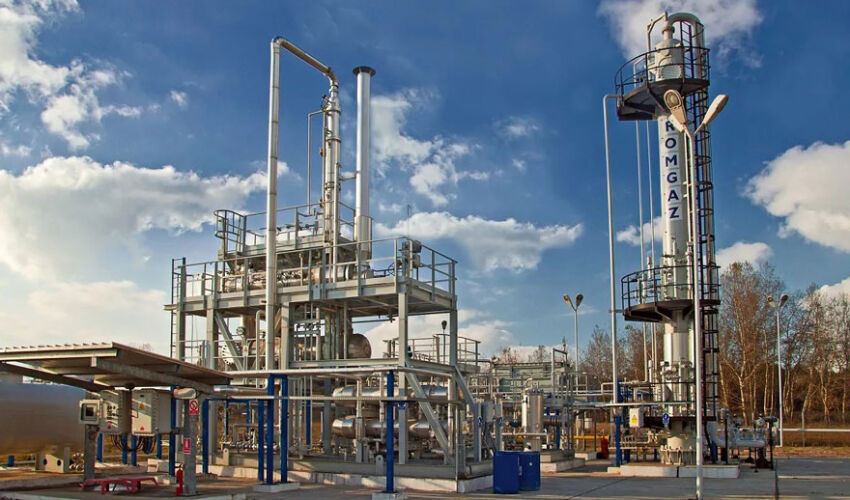
Last week, several important events took place that may strongly affect the natural gas market in Moldova.
On March 25, leading Romanian oil and gas group OMV Petrom and natural gas producer Romgaz Group started drilling the first gas development well at the Neptun Deep project, located 160 km offshore.
“The well will be drilled in the Pelican South field, at a depth of about 120 meters and the gas reservoir is about 2,000 meters below the seabed,” said Cristian Hubati, OMV Petrom board member responsible for exploration and production.
In this project, OMV Petrom and Romgaz Group are concessionaires with equal shares of 50% each. The estimated investment is up to €4 billion.
The development plan for Neptun Deep includes four development wells in the Pelican South gas field and six wells in the Domino field. Gas production is expected to start in 2027. Drilling of the first well is estimated to take about two to three months.
The reserves of the Neptun Deep gas field are estimated by experts at 100 billion cubic meters. During the peak production period, about 8 billion cubic meters of natural gas will be produced there per year. Moldova’s annual demand (without the Transnistrian region) is about 1 billion m3.
By developing this project, Romania can meet its natural gas needs from domestic sources and become an important player on the European market. In addition, the project contributes to the Romanian economy – it is estimated that it will bring in revenues of about 20 billion euros.
Earlier this month, the Romanian government asked Romania to guarantee access to purchase gas to be produced at Neptun Deep. OMV Petrom has already started selling upfront for export the share it will get from production from the offshore field, and Hungary has also expressed interest in buying it. Moldova appears to have a claim on Romgaz production.
The interest of Hungary and Moldova is quite understandable: Romania is the closest supplier for them, and it is possible to save on transportation costs.
On March 28, it was reported that the agenda of the annual general meeting of Romgaz shareholders, which will be held on April 26, includes the issue of approving the establishment and registration in the State Register of Legal Entities of the Republic of Moldova of “Romgaz Furnizare M SRL” LLC with headquarters in Chisinau, Mihai Eminescu str. 70. Its main activity will be the sale of gaseous fuel through pipelines.
“The existence of the difference between the prices of natural gas sold in Romania and the prices in Moldova, which exceed the transportation tariff between the two countries, makes it possible to exploit natural gas in Moldova at a higher price than in Romania,” the document says.
The company cites the following arguments in favor of entering the Moldovan market:
– the volume of the natural gas market is about 1 billion cubic meters/year (without the Transnistrian region – Logos Press note), with a high degree of vulnerability, as it is 100% dependent on imported sources;
– there is a transportation infrastructure necessary for gas supplies from Romania, namely the Iasi-Ungheni-Chisinau gas pipeline with a capacity of 1.88 bcm/year;
– control of natural gas transportation activities along the Ungheni-Chisinau route is exercised by Vestmoldtransgaz, owned by the Romanian company SNTGN Transgaz SA;
– an electronic platform for the purchase of natural gas for non-domestic consumers in the Republic of Moldova was put into operation. It is operated by a company created by the Romanian Commodity Exchange (BRM) in Chisinau, Republic of Moldova.
According to Moldovan state-owned Energocom, Moldova purchased natural gas from eight companies in the EU in 2024. However, more than 2/3 of the volumes came from Romanian companies: OMV Petrom, Romgaz, Engie Energy Romania and from the Romanian Commodity Exchange (BRM).
By opening a branch in Moldova, most likely, analysts believe, Romgaz wants to move from the status of an exporter to the status of a direct supplier on the Moldovan market, and at the first stage, perhaps, a wholesale supplier. This would allow gas to be sold directly on the Moldovan market, excluding the Moldovan state-owned trader Energocom from the supply chain, where it is currently an intermediary between external producers and suppliers/end consumers.









